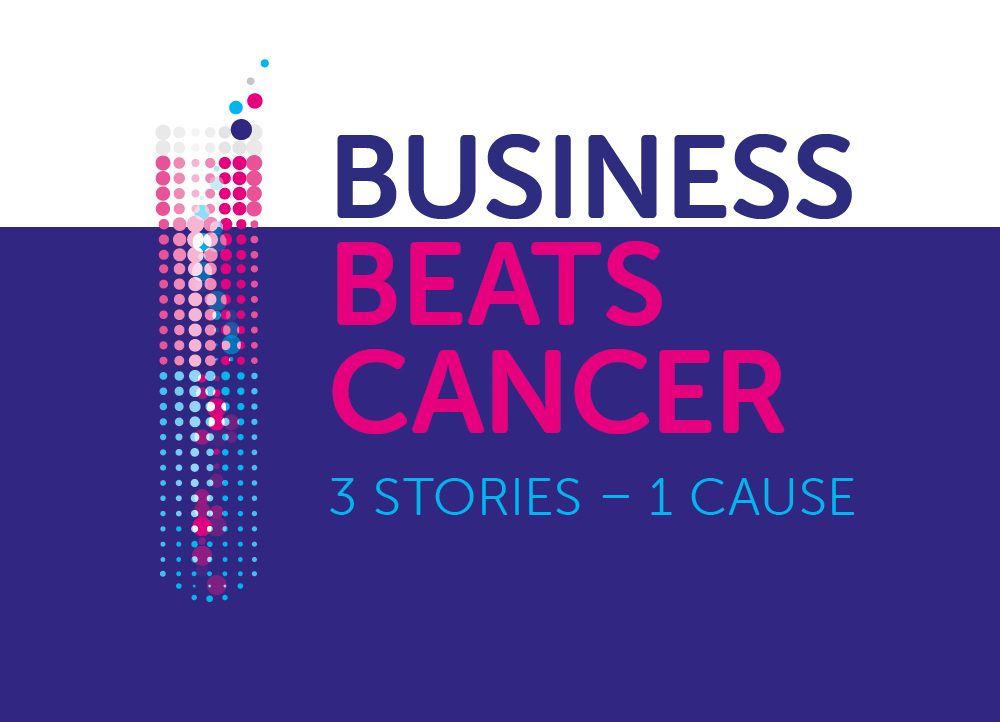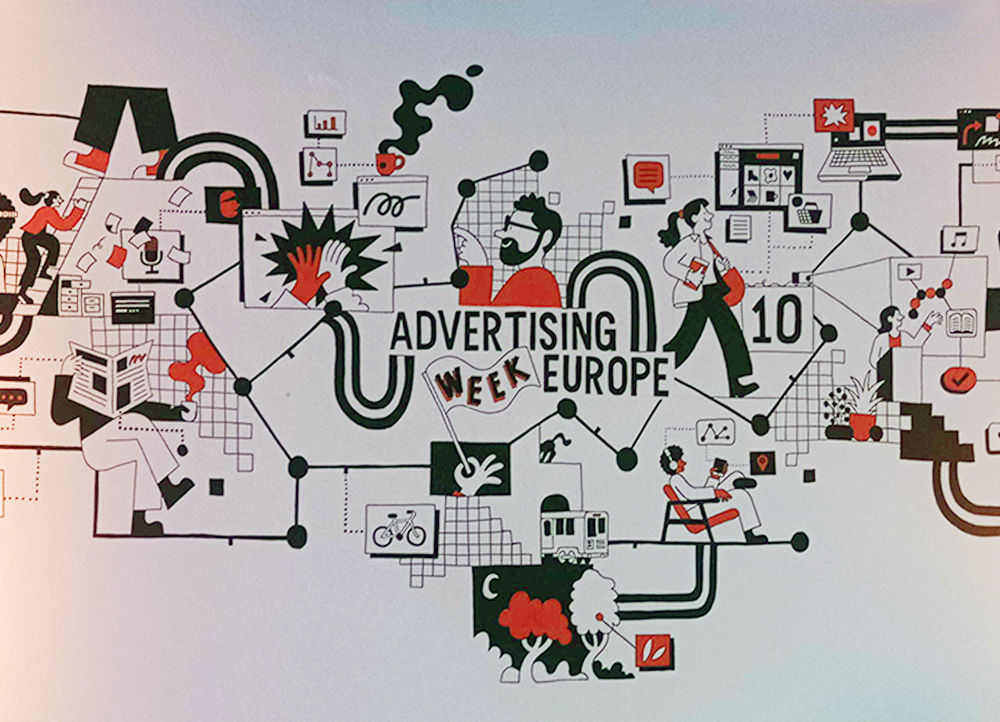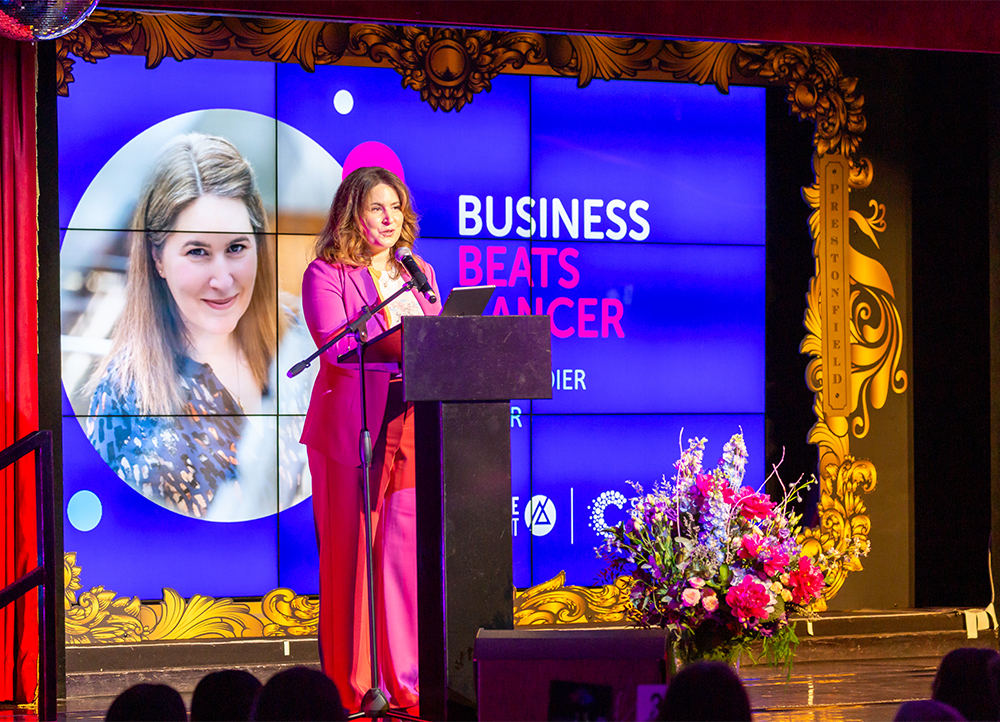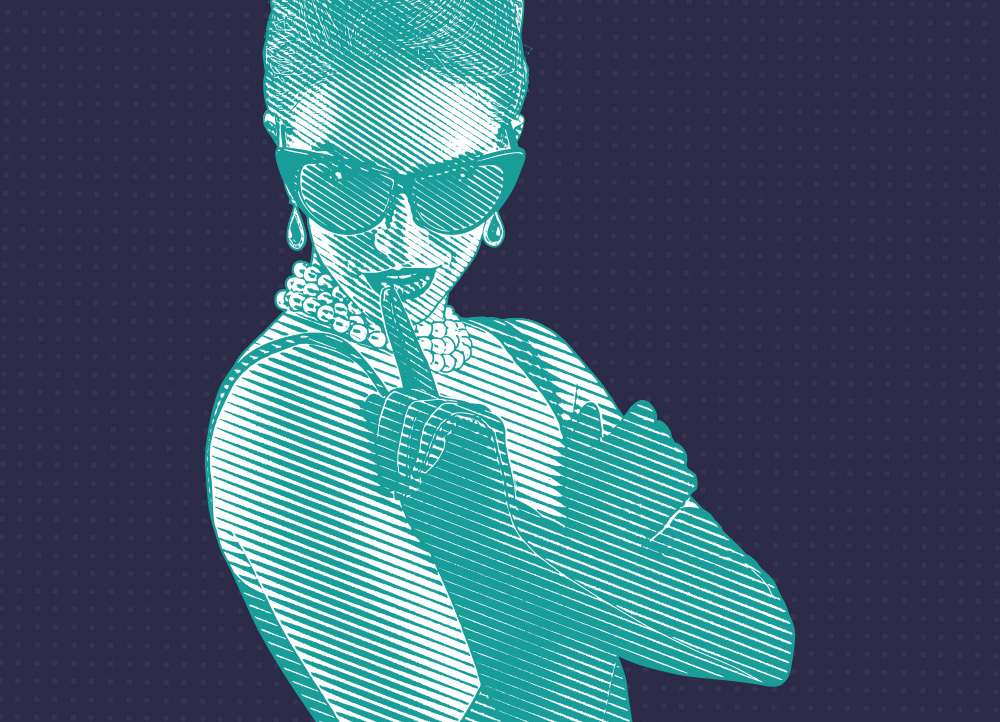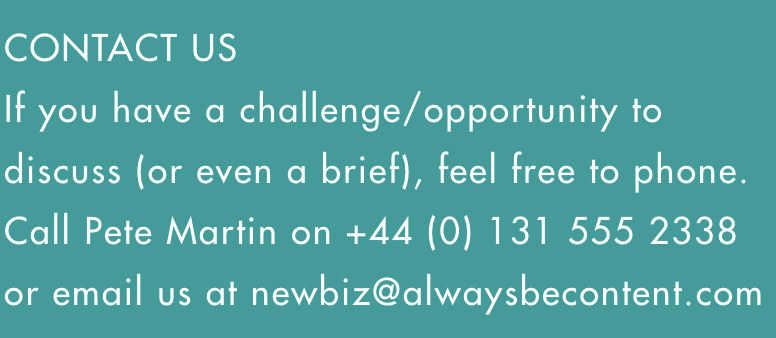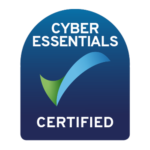From teenage transplant to life saving immunotherapy to those that lose their courageous battle with cancer.
Our Content Producer Lou was recently appointed Chair of Edinburgh Business Beats Cancer (EBBC). Previously, she had spent three years as an integral member of the organisation’s Board. EBBC brings together business leaders in the city to raise vital funds for Cancer Research UK and help bring forward the day we find a cure for this awful disease.
Today 1 in 2 people are diagnosed with cancer. The disease shows no mercy when it comes to age, gender or health. So, it’s no surprise most people have a story about how cancer has affected them.
This is the case with many of us at Always Be Content. We’re passionate about helping raise funds for Cancer Research UK, but it’s not just because we care. It’s because we have first-hand experience of family members, friends and colleagues who have battled with the disease.
Lauren’s Story
Me and my twin brother Lewis have been inseparable since the womb (literally). From a young age we were forever competing to be the best at everything, and we had always been fit and healthy. When we were 4 years old, my Mum noticed that my brother was bruising more easily than normal. The tiniest bump would cause a bruise the size of an adult’s fist. So, naturally she took him to the doctor to get it checked out.
After some routine tests, my brother was diagnosed with leukaemia. It was found that 80% of his blood was cancer and he was immediately admitted to the Sick Kids Hospital in Edinburgh. As you could imagine it was a big shock to my family. But at such a young age, me and Lewis didn’t really understand what was going on.
9 months and 7 courses of Chemotherapy later and my brother was cancer free. We were all back together as a family. And it stayed like that for 12 years.
After celebrating many years of remission, my brother couldn’t shift a continuous cough. Being a stubborn 16-year-old, my mum had to encourage him to go to the doctor and get it checked. However, it was just passed off as a common cold.
After a few more weeks my mum asked the doctor to take blood tests. They showed that 30% of his blood was cancer and growing. We were all devastated.
He was admitted to the Teenage Cancer Ward at the Western General Edinburgh. It was there he started his chemotherapy and was tested to try and figure out why the cancer had come back after so many years. Many jabs later, it was decided the abnormality in his blood would keep recurring if he didn’t get a Stem Cell Transplant.
After 5 courses of Chemotherapy, he was transferred to Glasgow to undergo radiotherapy and a Stem Cell Transplant. The intensity of the Radiotherapy was brutal and such a hard thing to watch as a sister. Seeing your brother and best friend ill to the point where they couldn’t eat, sleep, talk, or move was awful. Being his twin, I volunteered to be his donor for the transplant. I then underwent my own tests and procedures to retrieve my Stem Cells, so Lewis’s could be regenerated as new.
After many years and many complications, I am happy to say Lewis is now cancer free and making the most of life. The way we look at life as a family has been forever changed, but we are eternally grateful to all the doctors, nurses and hospitals that kept Lewis alive.
Lou’s Story
They tell you not to Google.
I did, and it said ‘3 months’. Stage 4 Gall Bladder Cancer.
From the last time I saw my Mum well on 4th September to 4th December, it was 3 months exactly.
Sadly, she was one of the unlucky ones. Diagnosis with a rare cancer that’s gone too far to treat. So, precious time was all we had left to hold on to.
My Mum Diane was 63 years old.
During Mum’s time in hospital, we got a call to say her father, my Granddad Ron, had passed away. He’d been living with, and fighting, oesophagus cancer. He was a non-smoker, non-drinker, fit as a fiddle all his life – a true inspiration.
It was hard to process all this bad news all at once.
It felt like a light had gone out. My mum was such a vibrant and characterful person, always with a smile on her face. It was all too sudden and sorrowful. She is very much missed.
My hope is that other people won’t have to watch their loved ones suffer, feeling futile. Or sit by someone’s bedside when they’ve had enough of trying to fight this dreaded disease, and let them know it’s ok to let go.
We held a joint memorial service for my Mum and Granddad which was, of course, very sombre. But it was also humbling to reflect on how lucky we were to have them in our lives.
Mum gave her body to Edinburgh University – giving back to science. Let’s hope that she can be the one to help future generations find a cure.
It’s hard to pull out any positives from the ordeal. We have to be thankful for the nurses and medical teams who took care of Mum. And we have to remember the precious time we had on this earth together. Not everyone gets the proverbial ‘three score years and ten’. Some lives are cut even more dramatically short.
I know I am not alone in this mourning. Thinking back to better times eases the pain. All you can do is hold on to the memories in your heart so that the loss and grief doesn’t consume you.
That’s why Business Beats Cancer is so important to me. In memory of my mum Diane, I’m dedicated to the Board and now in the role of Chair.
Let’s bring forward the day we find a cure.
Graham’s Story
Reflecting on the fourteen months since my diagnosis, there are two major themes that seem logically incompatible. The first is how so many of the feelings and reactions to a diagnosis are shared by so many people. The second is that – despite this massive, shared experience – when it’s you receiving the diagnosis, there is a personal knowledge gap that will be filled with fear and anxiety.
When I first heard my diagnosis, I was unprepared. “You have cancer. It’s stage 3 so it has spread from your lung to the lymph nodes in your neck.”
Because of Covid, my wife was waiting in the car park. My immediate thought was: “How am I going to tell her?”. There was just a swirl of questions. They ranged from “What’s the prognosis?” and “What’s the treatment? Is there treatment?” to “How and when do I tell people?”
This was when one of the consultants said something that has really stuck with me. “There is no reason to be overly pessimistic… but you might want to consider what you do with that most precious commodity, which is time.”
Once I knew what my treatment was and when it would start, it was time to let my friends and family know. It was difficult. You know you are going to upset them and you don’t want to be the cause of that.
However, the reaction of all the people around me was truly humbling. Many of them had first-hand experience of cancer themselves. People wanted to help in any way they could.
My genes made me eligible for a clinical trial of a new combined immunotherapy drug. The trial is somewhat melodramatically called “Skyscraper”. It is being carried out by Roche, which means my blood is more widely travelled than me as it is flown to Switzerland every four weeks! It involves 850 people worldwide, 30 of whom are in the UK. Half of the participants are on the new drug. The other half, the control group, get the current “standard of care” immunotherapy drug. I had my “computer says no” moment when my name was entered for the trial and I was randomly selected to be in the control group!
I’m happy to be playing my own small part in cancer research. Although this trial is commercial, the pharmaceutical companies work very closely with the centres of excellence. In turn, these centres benefit hugely from the funds raised by charities such as Cancer Research UK.
Over the period, I must have had at least 50 people take care of me in one way or another and I can’t thank them enough.
I hope I have given some sense of the maelstrom of a cancer diagnosis and the hope that every research breakthrough brings.
My consultant is a conservative person in terms of the language he uses. I asked him yesterday how I can best answer the often-asked question: “How are you?” His answer was: “You have no sign of active cancer”.
Your support and donations would be greatly appreciated, thank you.
Share and tag us @alwaysbecontent
